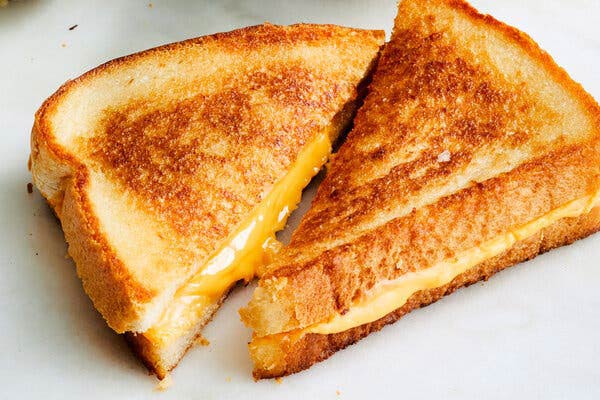Coping with Food Guilt in Eating Disorder Recovery

I like to think of food guilt as another one of the ED’s tactics to keep sufferers stuck. If you’ve ever left a toxic relationship or friendship, this might feel familiar. Often, abusive people will make you feel bad for taking care of yourself and putting your needs first. This is EXACTLY what the eating disorder does when you start to take recovery actions. It will convince you in a million ways why you should not do recovery and it even manipulates the way we feel. The more you can practice externalizing your ED as intrusive and unwanted, a separate part of you, the easier it becomes to identify it’s tactics and rebel against them. We rebel when we accept that the ED’s values are not in line with how we actually want to live our lives. Again, imagine a mean ex-partner telling you what to do. Eventually, you’d get tired of this and realize they don’t have your best interest. Eventually, you’d likely rebel and take steps towards leaving.
From a cognitive therapy lens, we can also identify food guilt as an intrusive feeling. Just like we get intrusive thoughts, we can also experience intrusive feelings and sensations. Intrusive feelings are defined as repetitive and unwanted. We know that food guilt is relentless and we also know, it’s an extremely unwanted feeling. Who likes to feel guilty? Here’s some good news though, feelings are NOT facts. Feelings are not mandates to act. Feelings come and go. They just are. We don’t need to assign meaning to them, especially when they are intrusive. Instead, try acknowledging your food guilt as intrusive (“Ok, there you are again Eating Disorder), accept their presence- trying to push them away only strengthens the feelings- and then carry on with whatever you would normally do during the day. Let the guilt come and go, but don’t change your actions based on the guilt. Don’t let the guilt determine what you do next. Go to school, go to work, play with your dog, eat your next meal, watching your favorite movie- WITH the guilt. Eventually it passes when we don’t pay it too much attention. Over time, it does go away and becomes much less intense. Be sure to give yourself plenty of compassion during this as it’s incredibly hard work.
One last thing about food guilt; it’s rooted in diet culture. A 72 billion dollar industry that moralizes food for profit! Diet culture conditions us to think of food as good or bad, so that we buy the ‘good’ foods and stay away from the ‘bad’ foods. We have been conditioned to think that there is actually moral value attached to food. There is NOT. Some foods may be more nutrient dense, but this doesn’t make them superior. Food is food; it all breaks down the same in the body and we need a variety of foods- proteins, fats and carbs, to survive and thrive.
If you got anything out of reading this, I hope it’s that: food guilt is bullsh*t. It’s your ED trying to keep you stuck. It’s diet culture conditioning you to buy more of the products they want to sell. Don’t buy into the hype. Recovery = freedom. Food guilt/ED = staying stuck.
Reach out for a free 15 min consult to learn more about my services or to book a session. I also have tons of free resources on my podcast, Instagram and a low cost ED Recovery online course “Essential Skills for ED Recovery.” See the links in my website menu for more information. Sending you so much compassion on your recovery journey.
Three Acceptance and Commitment Therapy (ACT) Skills to Strengthen Your Recovery from OCD and Eating Disorders
When I was in the depths of recovery from an Eating Disorder and OCD, I was hungry (I know, pun intended) for anything that would help me cope with the distress these disorders bring. Particularly when I was beginning to challenge some of the behaviors...
Why Anti-Oppression Therapy Should Be Used in Eating Disorder Treatment
IntroductionEating disorders (EDs) often reflect more than just individual struggles; they can be rooted in the systemic oppression and cultural pressures that shape our lives. Traditional approaches to treatment have predominantly focused on...
What Does Ketamine Therapy Feel Like?
As a licensed therapist who has been utilizing Ketamine Therapy with clients since 2021, one of the most common questions I get is: “But what does it FEEL like?” It’s understandable to want to know what you’re getting into when you sign up for Ketamine...



